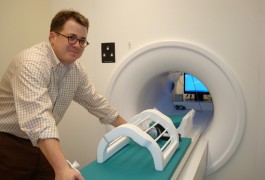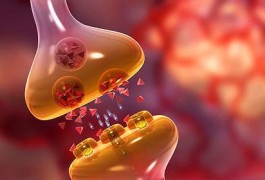Clinical research: Prozac may help adults with autism
Fluoxetine, an antidepressant marketed as Prozac, may alleviate repetitive behaviors in adults with autism, according to a study published 2 December in the American Journal of Psychiatry.

Fluoxetine, an antidepressant marketed as Prozac, may alleviate repetitive behaviors in adults with autism, according to a study published 2 December in the American Journal of Psychiatry.

Adults with autism are more likely than controls to have certain chronic health conditions, such as high cholesterol, but are less likely to treat these with prescription drugs.

Giving GLYX-13, a drug that targets an autism-associated brain pathway, to rats bred to be less social increases how much they communicate while playing.

Taking antidepressants while pregnant may slightly increase the risk of having a child with autism, reports a study published 4 July in the Archives of General Psychiatry.

A new study of twins proposes the controversial claim that environmental influences during early development are just as, if not more, important than genetics. But the findings are not substantially different from those of previous twin studies, however, and some experts are critical of the study’s statistics.

Only a small fraction of autism therapies are supported by robust scientific evidence, according to three reviews published in the May issue of Pediatrics.

As more drugs enter clinical trials for fragile X syndrome and soon, hopefully, for autism, the placebo effect will become an important consideration.

With robust training in developmental psychology and a techie’s fervor for new tools, Kevin Pelphrey is systematically investigating how the brain changes during development — starting in infants as young as 6 weeks old.

Families affected by fragile X syndrome can let out a modest cheer this week: the largest-ever randomized trial of a drug to treat the syndrome has just cleared its second phase.

The molecular mechanisms underlying synaptic plasticity ― the ability of neurons to change the strength of their connections ― can vary across different inhibitory neural circuits as much as they can vary across excitatory neural circuits, according to research presented this morning at the Society for Neuroscience meeting.